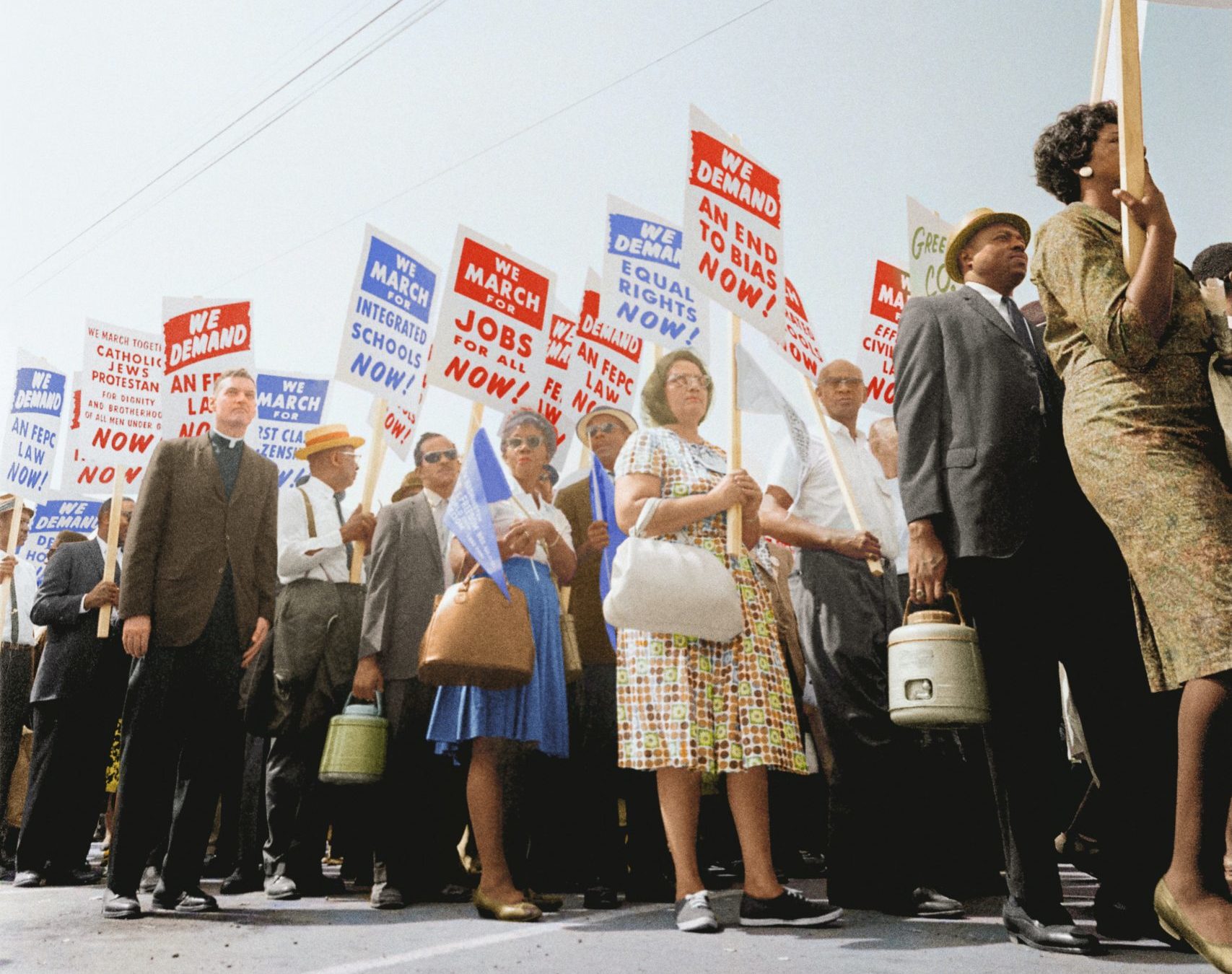Anne Snyder: What is the mission of the David Weekley Family Foundation?
David Weekley: Our mission revolves around helping the most vulnerable grow and transform into the full human being that they have the capacity to become.
Robin Bruce: Yes, we are really interested in groups that promote human flourishing, particularly for those communities or individuals who have been overlooked in terms of widespread systems that are ostensibly designed to help all of us achieve the same levels of opportunity. Over the last twenty-five years that David has been doing this work, we have moved from being very local and community-based in Houston, to now being primarily international in focus. It’s probably 60/40 international/domestic right now, with a move to significantly increase international giving over the next couple of years.
AS: What kinds of organizations do you support? What are your criteria?
RB: First, we are looking for organizations that serve the most vulnerable. And then we’re looking for organizations that work in those primary sectors that we think are fundamental to human opportunity, and therefore human flourishing: education, justice, livelihood, and health.
DW: Let me just insert something here. Our goal is to find Christian organizations serving in each one of those verticals, but we will always default to those organizations doing the most excellent work on behalf of the people they serve—which has meant that we also work with a strong group of secular organizations. And as we’ve partnered with Christian and secular organizations over the years, something concerning we’ve found is that often Christian organizations are not held to the same impact standards and measurements as secular organizations because their donor base responds on a different level and in a different way. It’s been a challenge to find a lot of Christian organizations that operate with the same degree of impact accountability as do the secular organizations. So we’re often seen as being “tough guys” in a Christian context.
AS: There’s a tagline for you.
DW: From our standpoint, it’s just stewardship as it should be, trying to get the very best and the most impact with God’s resources.
RB: Agreed on all fronts.
Going back to our criteria, the next thing that motivates us is leadership. Is there a leader of this organization that is compelling and coachable and has a really big vision that’s paired with a pretty high degree of humility? That’s a rare combination, to have the sort of swagger of the BHAG [big hairy audacious goal] and also the humility to truly be in and of the people you’re called to serve.
And then, finally, when you look at the model of the organization itself, we are looking for things that have the potential to scale. There are some really beautiful organizations out there that feel called to be small and deeply rooted. And we love those groups, but they’re not quite where we feel called. We search out partners that have a bit of a hockey-stick vision and have developed a solution that is simple, elegant, and can work at some degree of scale. And then they can go and serve a lot of people in really meaningful ways.
AS: Let’s hone in on the third piece you mentioned. How important is the leader? And how do you think about leadership in this year of crisis?





